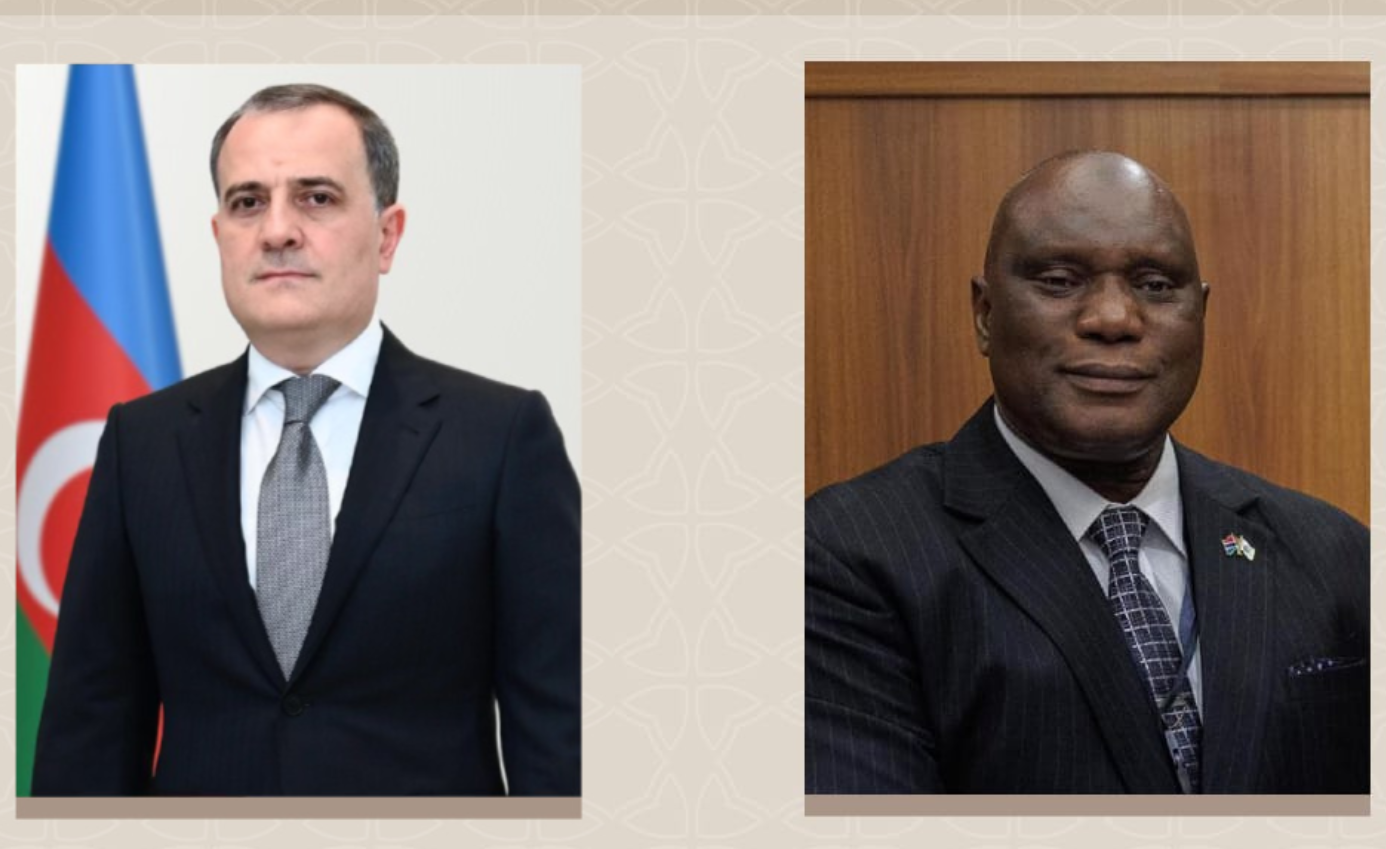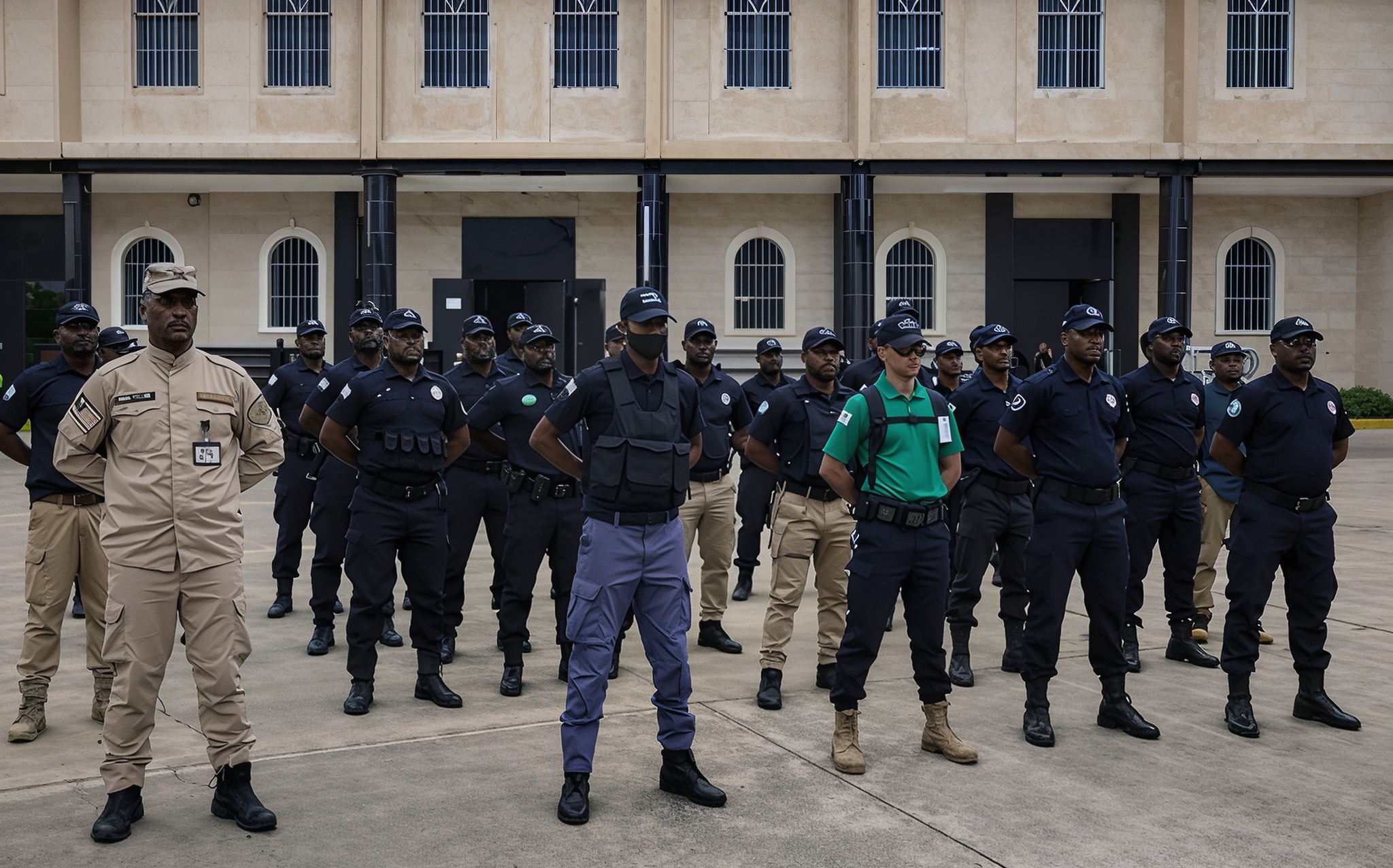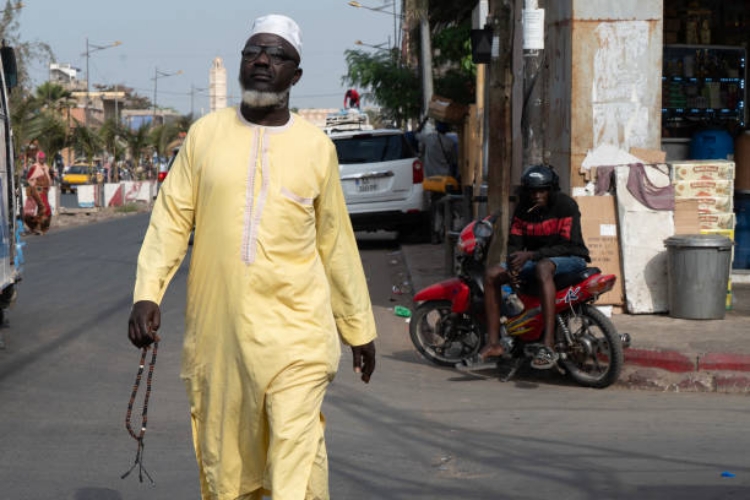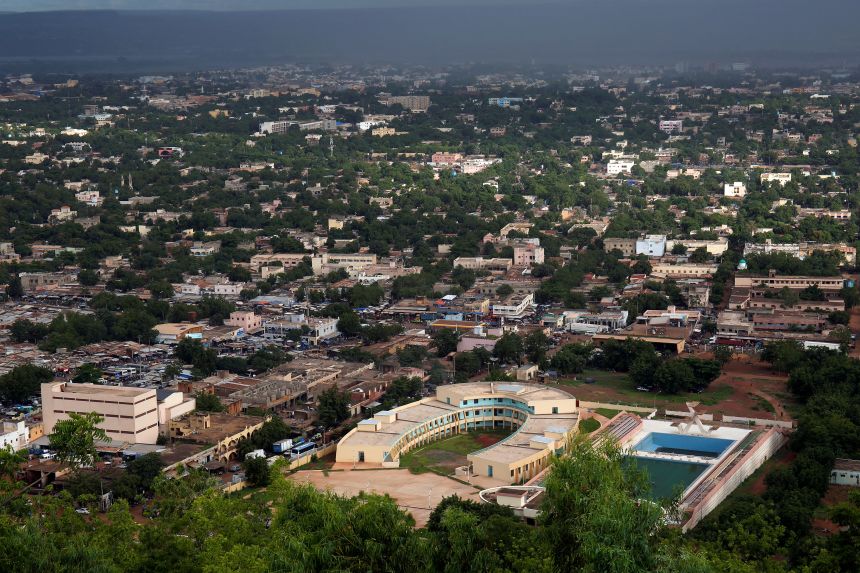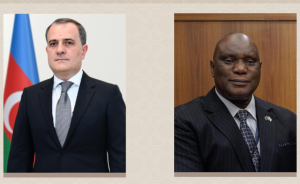Gambiaj.com – (Bamako, Mali) – Mali’s capital, Bamako, is facing one of its gravest crises in recent memory as armed groups linked to al-Qaida tighten their grip on supply routes and the ruling junta struggles to maintain control amid growing isolation and speculation of another coup.
Over the past two weeks, fighters from Jama’at Nusrat ul-Islam wa al-Muslimin (JNIM) have blocked key roads used by fuel tankers from neighboring countries, choking the flow of essential goods into the landlocked West African nation.
The blockade has triggered a severe fuel shortage, crippling daily life in the capital and raising fears that the Islamist group could soon move to seize power.
Long queues now snake through gas stations across Bamako, where electricity cuts, shuttered shops, and empty streets paint a picture of a city grinding to a halt. Schools have closed until at least November 9, and the prices of food and basic commodities continue to surge.
“Mali is collapsing before our eyes,” a former Malian minister now in exile told The Guardian, warning that “another overthrow could happen within days.” Many observers believe the worsening situation could trigger the country’s third coup in five years and the sixth since independence from France in 1960.
A Nation Strangled by Blockades
The JNIM blockade targets trucks carrying fuel and goods from Ivory Coast, Mauritania, and Senegal. Several drivers and soldiers escorting convoys have been kidnapped or killed. With Mali dependent on imports to sustain its already struggling economy, the impact has been immediate and devastating.
“The existing fuel stocks are running out, and next week could be critical,” said Ulf Laessing, head of the Sahel Programme at Germany’s Konrad Adenauer Foundation in Bamako. “It’s difficult to see how the regime can resupply the capital in sufficient quantities.”
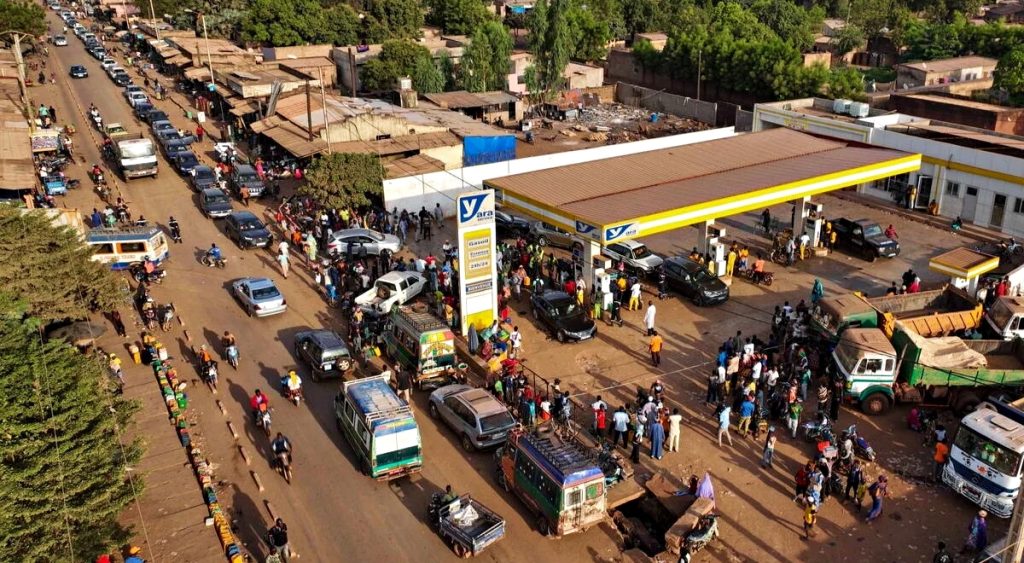
The worsening security and humanitarian conditions have prompted a wave of foreign government warnings. The U.S. State Department on Tuesday issued its second advisory in a week, urging Americans to leave Mali “immediately,” citing the “unpredictability” of Bamako’s security situation. Germany, Italy, Australia, and Poland have followed suit with similar calls for evacuation.
Jihadist Advance and the Islamist Agenda
JNIM’s expansion marks a dramatic escalation in Mali’s long-running insurgency, which has killed more than 17,700 people since 2012, two-thirds of them after the current junta seized power in 2020.
The group, an affiliate of al-Qaida, now controls vast swathes of rural Mali, enforcing strict dress codes and harsh punishments under sharia law, as documented by Human Rights Watch in 2024.
Analysts warn that the group’s growing territorial influence and its push toward Bamako signal an ambition to establish an Islamic state modeled on Taliban-ruled Afghanistan or Syria’s jihadist enclaves.
“So far, nobody is protesting against the government because people fear that if this regime falls, the next one will be Islamist,” Laessing explained. “That fear, paradoxically, is what’s holding the junta together.”
The Junta’s Fragile Hold on Power
Colonel Assimi Goïta’s military junta, which seized power in August 2020 and consolidated control through a second coup in 2021, now faces its greatest test. Elections promised for February 2022 have been repeatedly postponed, leaving the transitional government with little legitimacy and growing public disillusionment.
Despite a defense pact with the juntas of Burkina Faso and Niger, Mali remains diplomatically isolated. Relations with ECOWAS collapsed after Bamako withdrew from the regional bloc earlier this year, cutting off access to military and financial assistance.
The junta’s reliance on Russian Wagner mercenaries and local militias has further alienated Western allies and drawn condemnation from human rights groups over alleged atrocities.
Behind closed doors, sources describe deepening rifts among the junta’s leadership. Two senior officers, National Transitional Council chair Colonel Malick Diaw and Defense Minister Sadio Camara, are rumored to be positioning themselves as potential successors to Goïta should another coup materialize.
Imam Dicko and the Shadow of Religion in a Precarious Future
Amid the uncertainty, attention is once again turning to Mahmoud Dicko, the influential imam whose political mobilization helped topple former President Ibrahim Boubacar Keïta in 2020. Once an ally of the junta, Dicko fled into exile in Algeria after falling out with Goïta’s government.
Reports now suggest that elements within JNIM want him to return as a potential interlocutor for negotiations or even as a religious figurehead in an Islamist regime.
“Some JNIM fighters are calling for Dicko to come back so they can negotiate with him instead of the government,” said a former insider. “This is their end goal, to turn Mali into an Islamic state, and they’re very close.”
With fuel shortages worsening, foreign diplomats evacuating, and insurgents tightening their encirclement of the capital, Mali’s trajectory appears increasingly bleak.
Analysts warn that if Bamako falls or another coup unfolds, the consequences will reverberate far beyond Mali’s borders, potentially destabilizing the entire Sahel region once again.
As one Western observer put it, “Mali has reached the point where the question is no longer if the government will fall, but when and to whom.”



